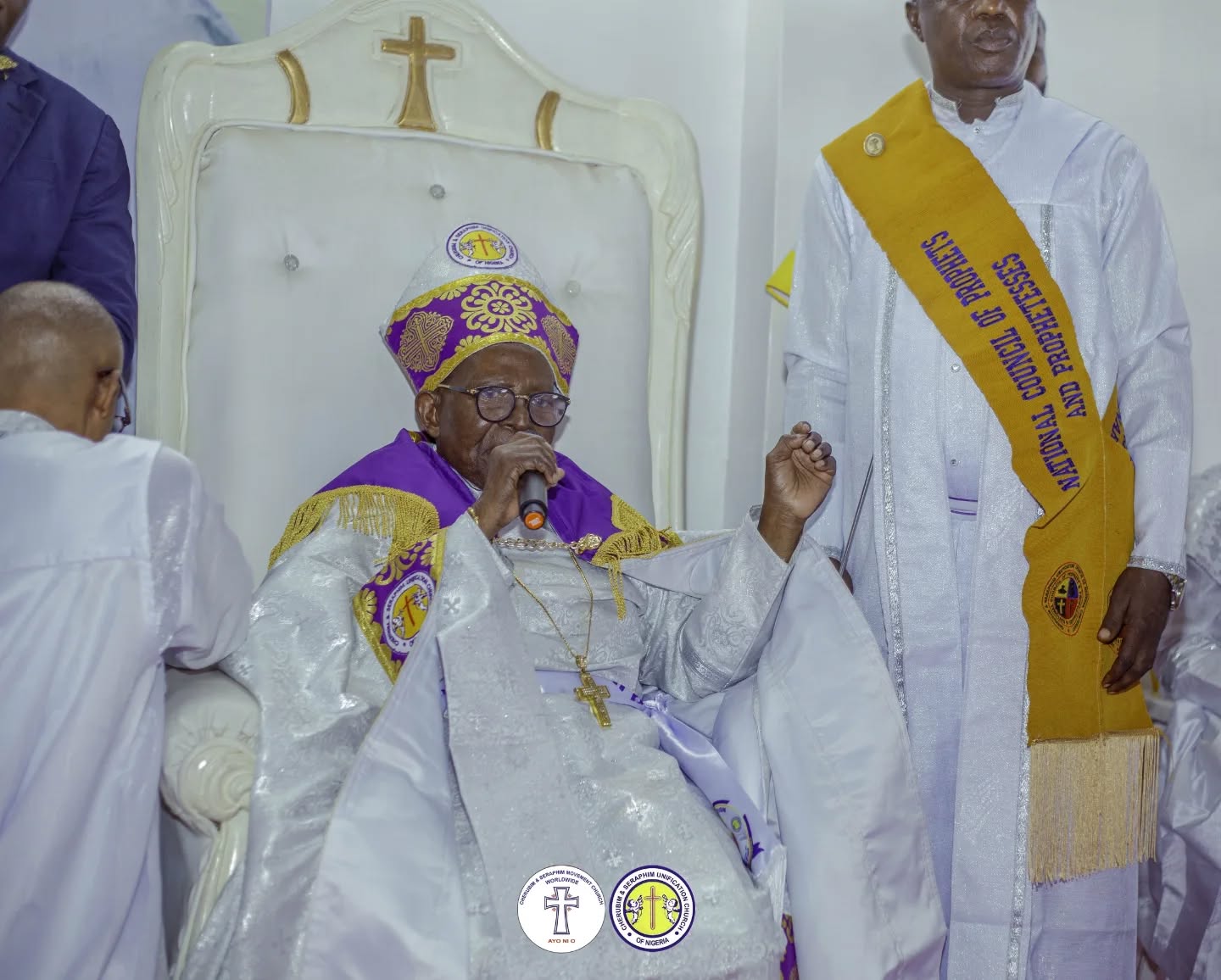The Lord needs you: Significance of triumphal entry (Palm Sunday)

Palm Sunday is the day we celebrate the triumphal entry of Jesus into Jerusalem, one week before His resurrection (Matthew 21:1–11). The story of the triumphal entry is one of the few incidents in the life of Jesus which appears in all four Gospel accounts (Matthew 21:1-17; Mark 11:1-11; Luke 19:29-40; John 12:12-19). Putting the four accounts together, it becomes clear that the triumphal entry was a significant event, not only to the people of Jesus’ day, but to Christians throughout history. As Jesus entered the holy city, He neared the culmination of a long journey toward Golgotha. He had come to save the lost (Luke 19:10), and now was the time—this was the place—to secure that salvation. Palm Sunday marked the start of what is often called “Passion Week,” the final seven days of Jesus’ earthly ministry. It was the “beginning of the end” of Jesus’ work on earth, it began with Jesus and His disciples traveling over the Mount of Olives. The Lord sent two disciples ahead into the village of Bethphage to find an animal to ride. They found the unbroken colt of a donkey, just as Jesus had said they would (Luke 19:29–30). When they untied the colt, the owners began to question them. The disciples responded with the answer Jesus had provided: “The Lord needs it” (Luke 19:31–34). Amazingly, the owners were satisfied with that answer and let the disciples go. “They brought [the donkey] to Jesus, threw their cloaks on the colt and put Jesus on it” (Luke 19:35). As Jesus ascended toward Jerusalem, a large multitude gathered around Him.This crowd understood that Jesus was the Messiah; what they did not understand was that it wasn’t time to set up the kingdom yet—although Jesus had tried to tell them so (Luke 19:11–12). The crowd’s actions along the road give rise to the name “Palm Sunday”. The people hailed and praised Him as the “King who comes in the name of the Lord” as He rode to the temple, where He taught the people, healed them, and drove out the money-changers and merchants who had made His Father’s house a “den of robbers” (Mark 11:17).
Jesus’ purpose in riding into Jerusalem was to make public His claim to be their Messiah and King of Israel in fulfillment of Old Testament prophecy. Matthew says that the King coming on the foal of a donkey was an exact fulfillment of Zechariah 9:9, “Rejoice greatly, O Daughter of Zion! Shout, Daughter of Jerusalem! See, your king comes to you, righteous and having salvation, gentle and riding on a donkey, on a colt, the foal of a donkey.” Jesus rides into His capital city as a conquering King and is hailed by the people as such, in the manner of the day. The streets of Jerusalem, the royal city, are open to Him, and like a king He ascends to His palace, not a temporal palace but the spiritual palace that is the temple, because His is a spiritual kingdom. He receives the worship and praise of the people because only He deserves it. No longer does He tell His disciples to be quiet about Him (Matthew 12:16, 16:20) but to shout His praises and worship Him openly. The spreading of cloaks was an act of homage for royalty (see 2 Kings 9:13). Jesus was openly declaring to the people that He was their King and the Messiah they had been waiting for.
Unfortunately, the celebration was not to last. The praise the people lavished on Jesus was not because they recognized Him as their Savior from sin. They welcomed Him out of their desire for a messianic deliverer, someone who would lead them in a revolt against Rome. The crowds looked for a Messiah who would rescue them politically and free them nationally, but Jesus had come to save them spiritually. First things first, and mankind’s primary need is spiritual, not political, cultural, or national salvation.Even as the coatless multitudes waved the palm branches and shouted for joy, they missed the true reason for Jesus’ presence. They could neither see nor understand the cross. That’s why, “as [Jesus] approached Jerusalem and saw the city, he wept over it and said, ‘If you, even you, had only known on this day what would bring you peace—but now it is hidden from your eyes. The days will come upon you when your enemies . . . will not leave one stone on another, because you did not recognize the time of God’s coming to you” (Luke 19:41–47). It is a tragic thing to see the Savior but not recognize Him for who He is. The crowds who were crying out “Hosanna!” on Palm Sunday were crying out “Crucify Him!” later that week (Matthew 27:22–23).
The story of the triumphal entry is one of contrasts, and those contrasts contain applications to believers. It is the story of the King who came as a lowly servant on a donkey, not a prancing steed, not in royal robes, but on the clothes of the poor and humble. Jesus Christ comes not to conquer by force as earthly kings but by love, grace, mercy, and His own sacrifice for His people. His is not a kingdom of armies and splendor but of lowliness and servanthood. He conquers not nations but hearts and minds. His message is one of peace with God, not of temporal peace. If Jesus has made a triumphal entry into our hearts, He reigns there in peace and love. There is coming a day when every knee will bow and every tongue confess that Jesus Christ is Lord (Philippians 2:10–11). The worship will be real then. As His followers, we exhibit those same qualities , and the world sees the true King living and reigning in triumph in us. The essence of Palm Sunday is for you to be useful for him, just like the donkey and its colt, the lord needs you to be available for him, he wants to express himself through you to the world, for the glorification of his name and the upliftment of the kingdom.




Leave Comments